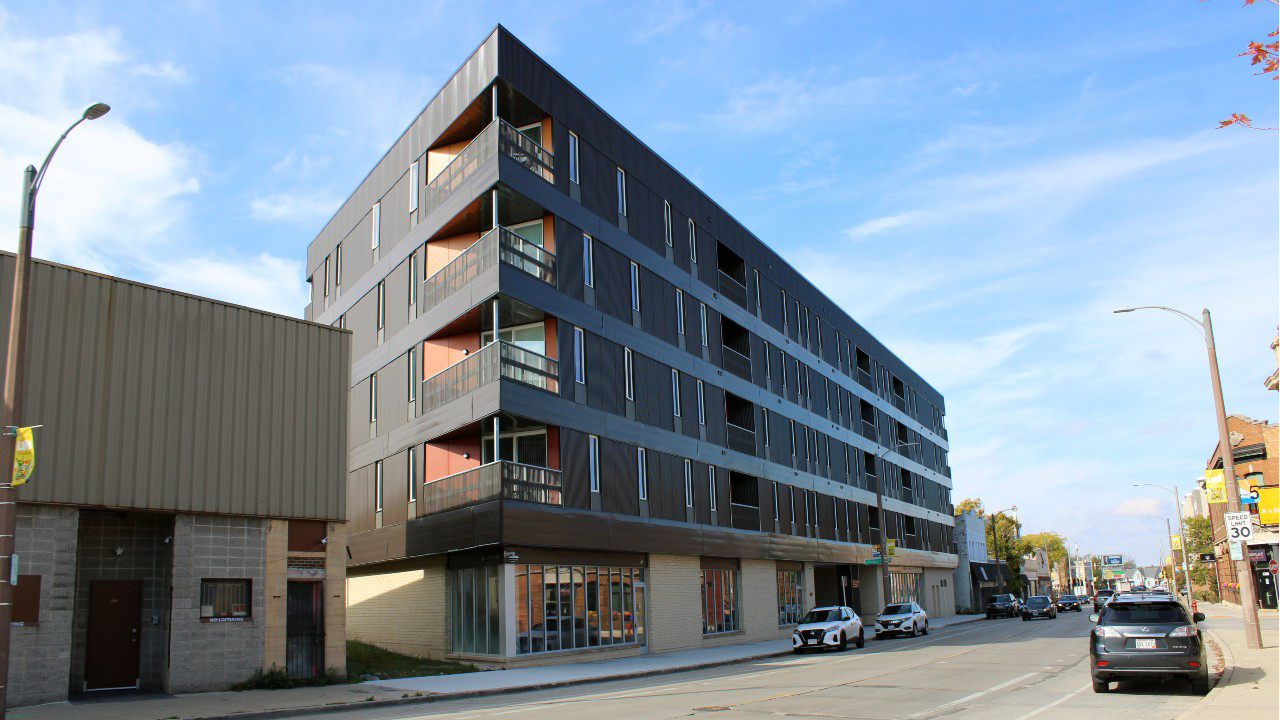I
n the rapidly evolving real estate landscape, a new wave of artificial intelligence startups is emerging to challenge traditional commission structures. One such innovator is Ridley, which has already seen $150 million in properties listed on its platform since its launch in July. By leveraging AI to automate tasks like property showings and contract negotiations, Ridley allows sellers to pay only for the services they need, potentially reducing commissions to as low as 1-2% for basic transactions.
Ridley's founders argue that AI can handle 80% of an agent's routine work, freeing human professionals for high-value interactions while making the process more transparent for consumers. This approach is part of a broader trend in which startups like Closera and reAlpha Tech are using AI to disrupt traditional brokerage models.
Beyond automating tasks, these startups are also applying generative AI to commercial real estate, cutting intermediary fees and unlocking billions in efficiency gains. However, this disruption isn't without obstacles. Traditional real estate associations have faced antitrust scrutiny over commission practices, and AI entrants must navigate a patchwork of state regulations.
Critics argue that over-reliance on AI could lead to errors in complex deals, where human judgment remains crucial. Despite these cautions, investor enthusiasm is palpable; Ridley's rapid property listings underscore a market ripe for change. As AI startups continue to innovate, they may democratize access to real estate services and challenge high commissions.
Venture capital is flowing into this space, with legal tech AI raising nearly $5 billion in 2024 alone. This investment is expected to drive further innovation, potentially compressing commission structures and empowering consumers. With startups like Ridley leading the charge, 2025 could mark the tipping point for a more efficient and equitable market.














